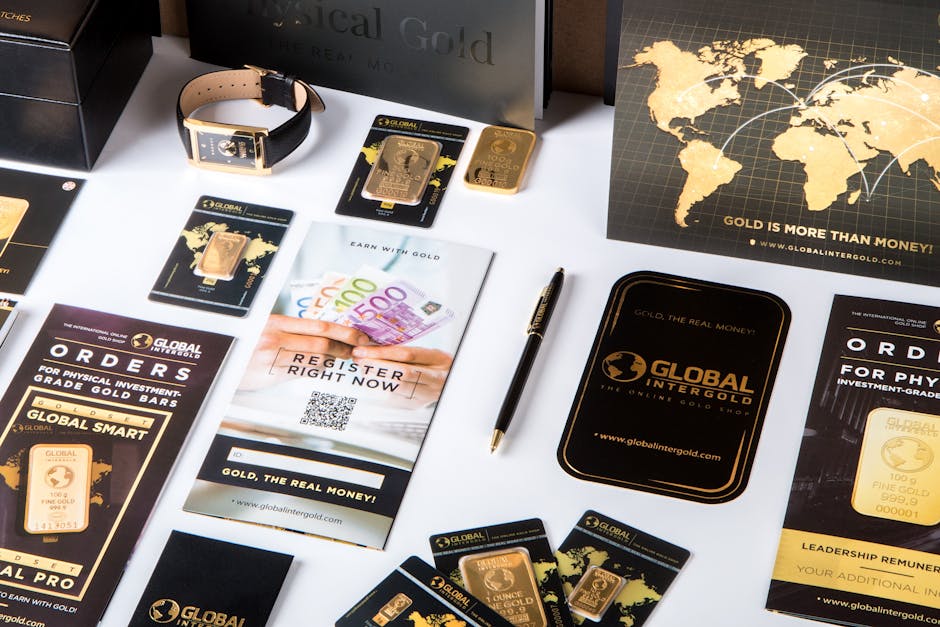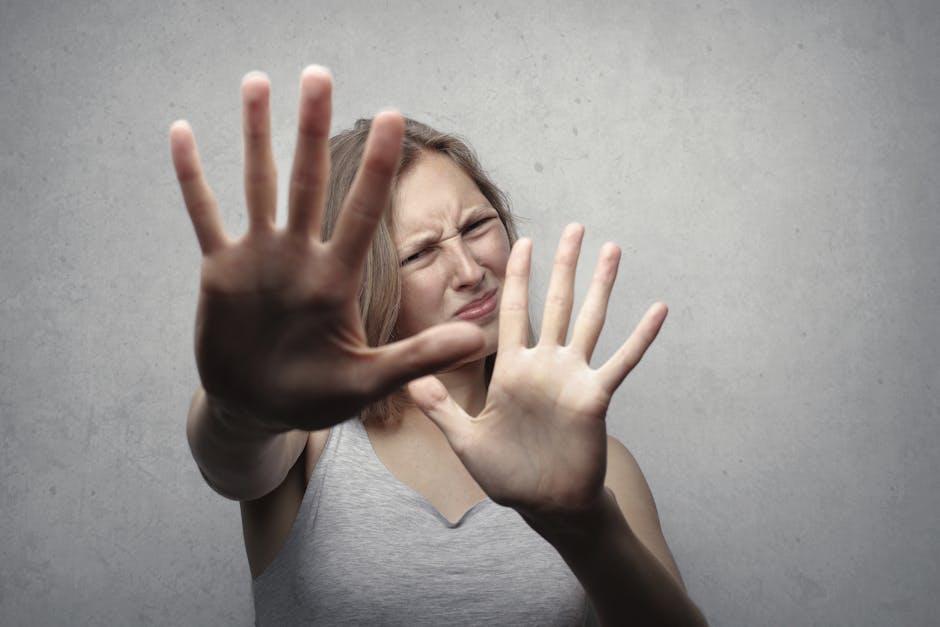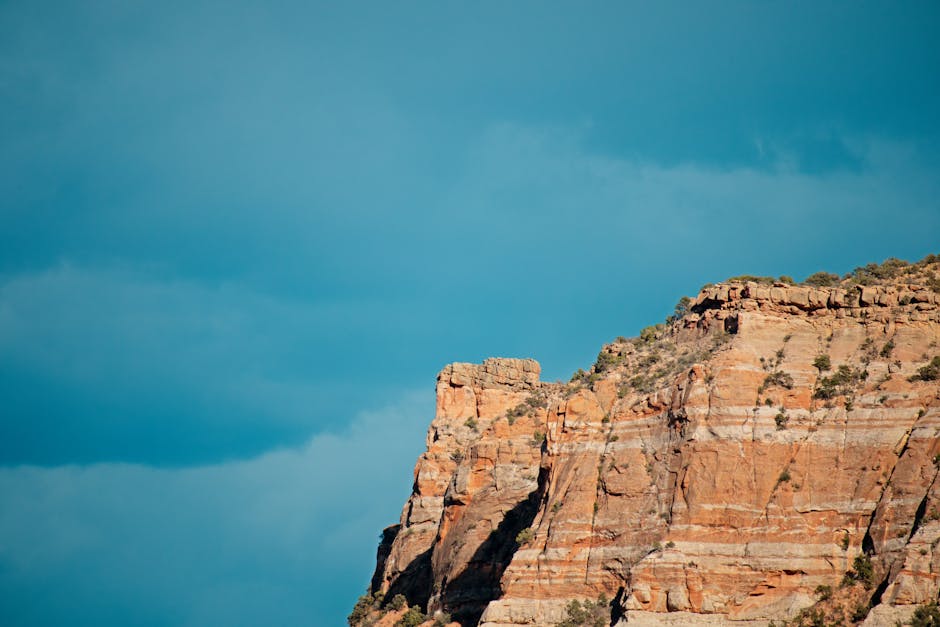Social Media Panic Over Burundanga-Laced Business Cards
Recent viral posts claim business cards are being coated with burundanga, a dangerous scopolamine-based drug used in crimes. These warnings allege victims could be drugged through skin contact, leading to robbery or kidnapping. However, experts and authorities confirm the claims are false—here’s why.
What Is Burundanga?
Burundanga, derived from the Brugmansia plant, contains scopolamine, a substance causing hallucinations, memory loss, and extreme suggestibility. Criminals have used it in spiked drinks or powders, but transmission via dry business cards is impossible.
3 Reasons the Claims Are False
-
Skin Absorption Doesn’t Work This Way
Scopolamine requires solvents (like alcohol) to penetrate skin. Dry paper can’t deliver enough of the drug to have an effect—even mucous membrane contact (eyes/mouth) would need significant exposure. -
Zero Verified Cases Exist
No confirmed reports of burundanga-laced business cards exist globally. Real-world cases involve direct methods like tainted beverages or airborne powders. -
Science Debunks the Myth
Scopolamine breaks down when exposed to air and light. Coating paper would be ineffective, as the drug would degrade long before reaching a victim.
How Misinformation Spreads
This hoax echoes old urban legends (e.g., “needle spiking” or poisoned samples). Fear drives engagement, and social media algorithms amplify unverified claims. Authorities worldwide, including India’s Delhi Police Cyber Cell, have dismissed the rumors.
Real Burundanga Risks to Watch For
While the business card theory is fake, actual burundanga crimes occur in some regions (e.g., South America). Tactics include:
– Drinks spiked at bars
– Tainted food or cigarettes
– Powdered forms blown toward victims
How to Fight Misinformation
- Verify with official sources (health departments, police).
- Analyze the science—could skin contact with paper really deliver a drug?
- Report false posts to social media platforms.
The Bottom Line
Burundanga-laced business cards are a myth. Stay informed about real risks, but don’t share baseless scares. Critical thinking stops fear from going viral.
Have you seen this hoax online? Share your thoughts below—and always fact-check before spreading warnings.
— Team NextMinuteNews




